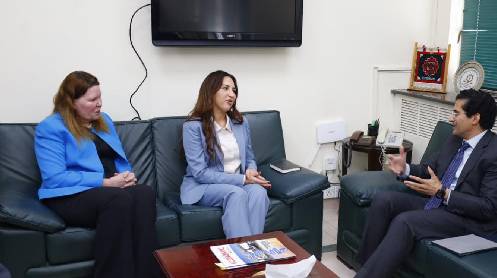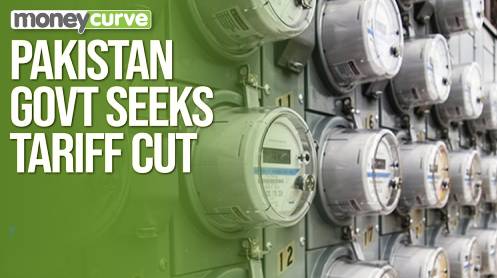Pakistan’s rupee dropped to a one-year low, closing in on the 167 level against the US dollar in the inter-bank market, as demand-side forces continued to put pressure on the currency on Wednesday.
As per the State Bank of Pakistan (SBP), the currency closed at 166.87 against the dollar in the inter-bank market, registering a depreciation of Rs0.48 or 0.29%. This is the currency’s lowest level since August 28, 2020 when it closed at 167.43 against the USD.
The rupee has lost over 5% since July 2021 alone, and has been on a downward trend for over four months as a heavier import bill and widening current account deficit take their toll.
Export figures for August did not meet expectations, Tahir Abbas, Head of Research at Arif Habib Limited, told Business Recorder. “Imports are rising, which has led to increasing demand for the dollar.”
Abbas was referring to the export figures, released on Wednesday, for August that stood at $2.25 billion, a 3.5% decline on a month-on-month basis.
Pakistani rupee posts further gain against US dollar
The export figures for August 2021 were short by $143 million of the government’s monthly target of $2.4 billion for the month.
“I urge the exporters to double their efforts to market their exports in order to achieve our target,” tweeted Advisor to the Prime Minister on Trade and Investment Abdul Razak Dawood.
Meanwhile, Tahir expressed confidence that the situation will improve this month after the upcoming International Monetary Fund (IMF) review. He said that Pakistan’s IMF negotiations during the upcoming sixth review are expected to be successful as the government to an extent has addressed IMF concerns.
PM Imran confident of ‘comfortably acheiving’ Rs5.82tn annual tax target
Tahir said Pakistan’s tax revenue collection has improved — the Federal Board of Revenue (FBR) collected Rs850 billion during the first two months of the current fiscal year, against the assigned two-month target of Rs690 billion.
Meanwhile, the government has taken a number of steps addressing the circular debt issue of the power sector, said Tahir.
Negotiations with the IMF have been ongoing, with the Washington-based lender being apprised of the government’s plans for circular debt reduction and tax revenue collection.





